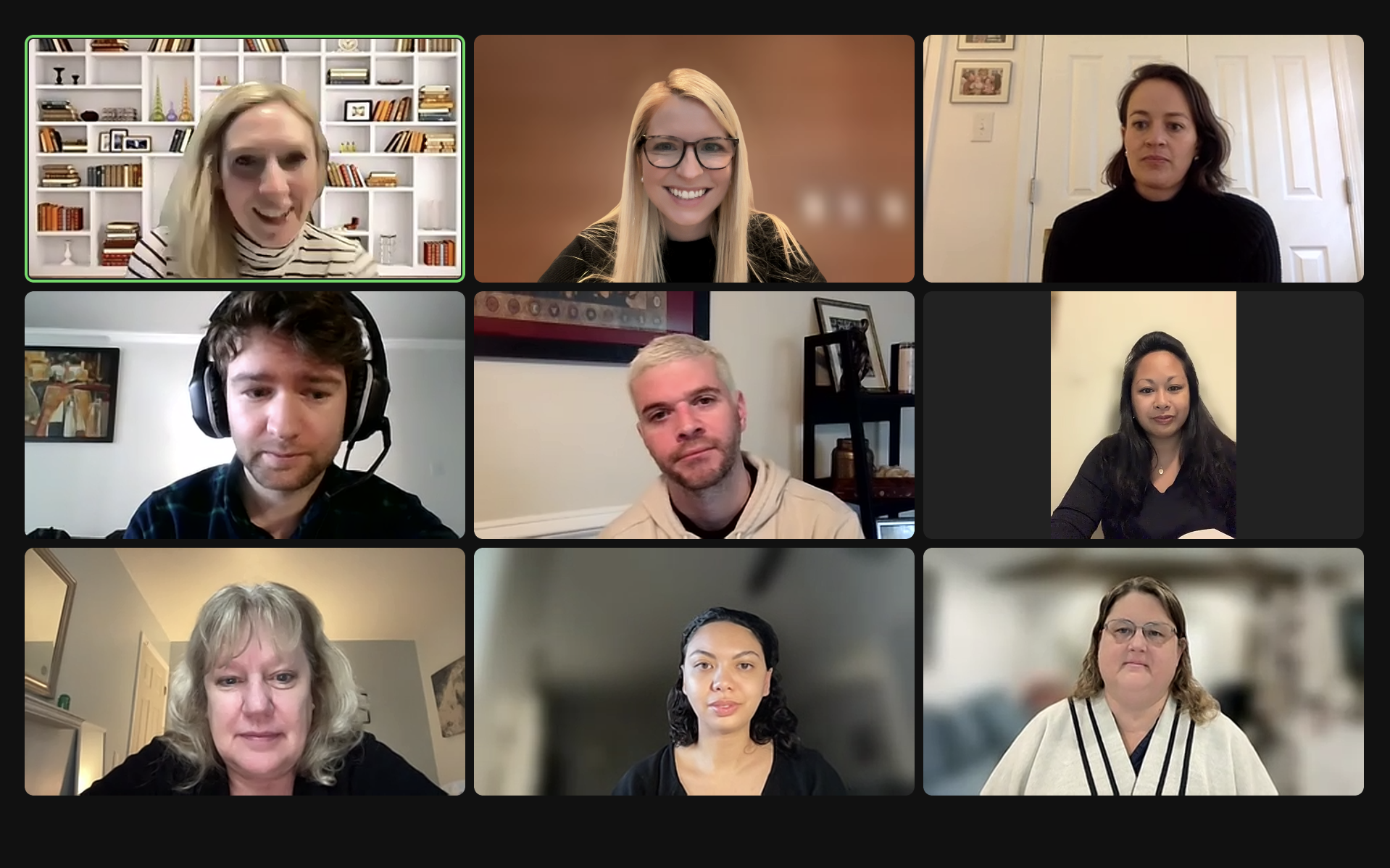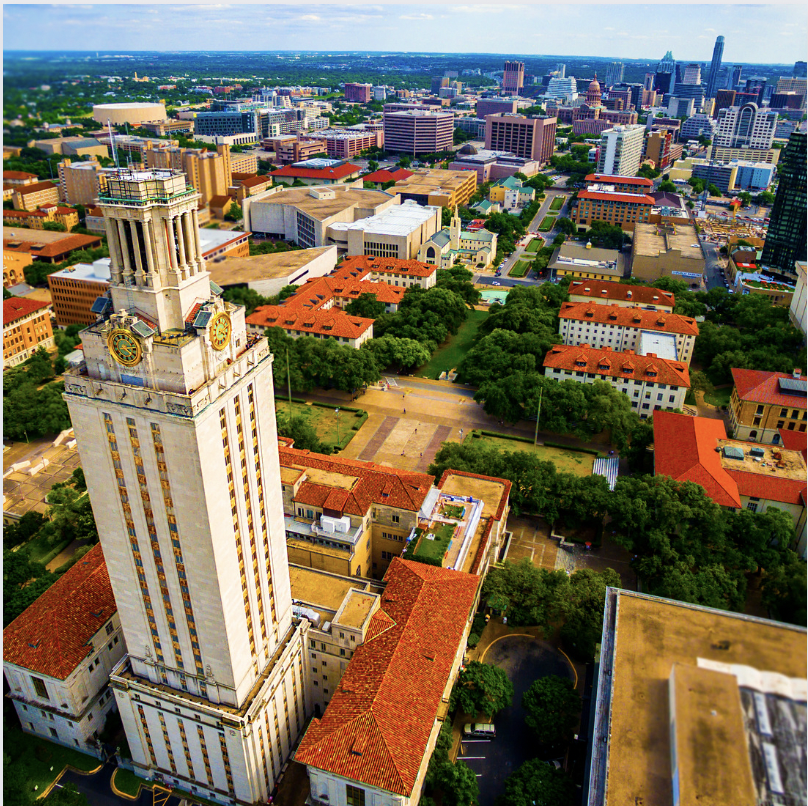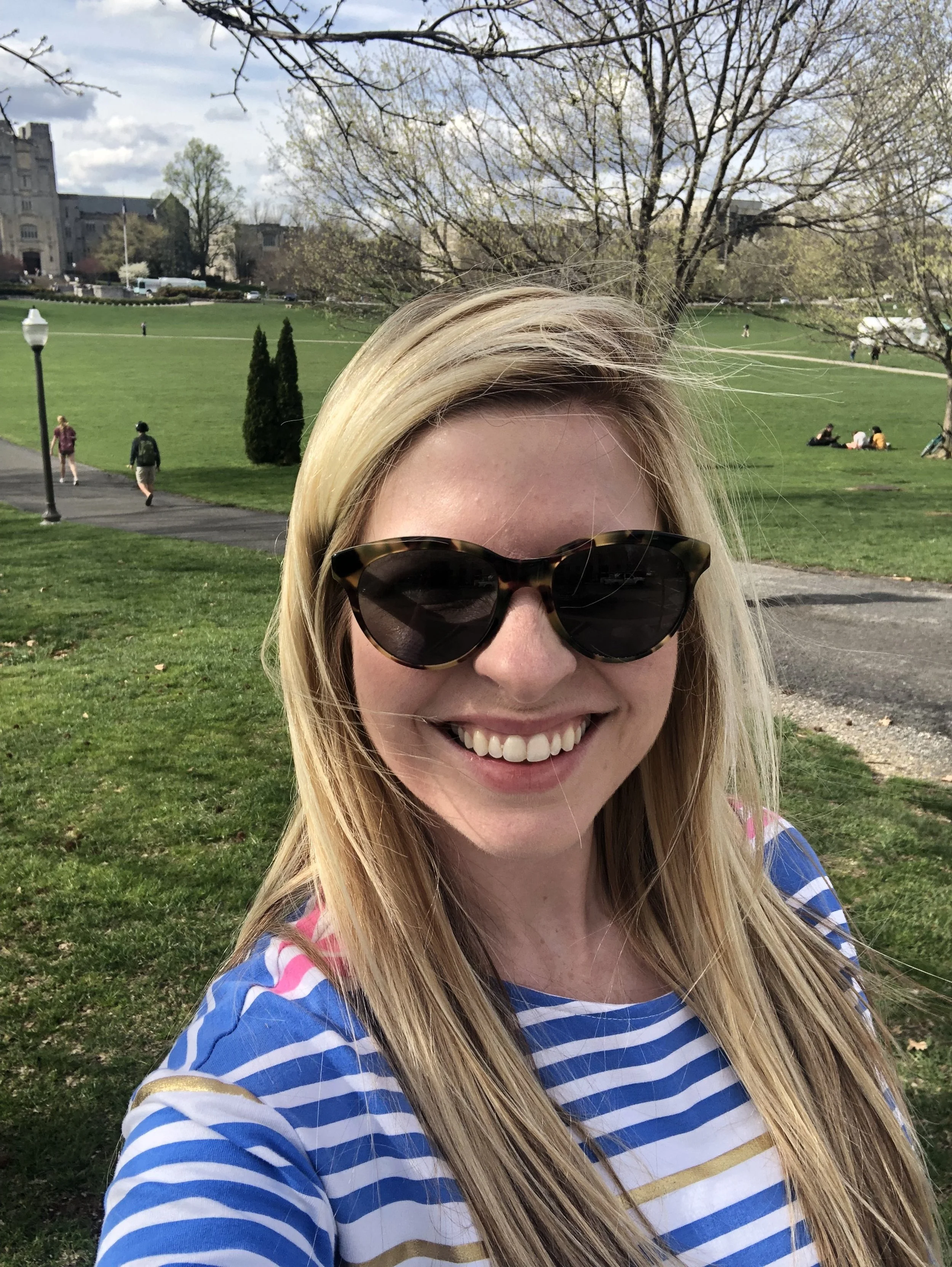Welcome to our last post of January - although it is hard to believe it is the end of January, with recent temperatures in the mid-70s!
BIGGEST COLLEGE-RELATED NEWS OF THE WEEK
JAMES MADISON UNIVERSITY APPLICATIONS TOP 40,000
JMU received a total of 40,232 undergraduate applications for the class of 2028, an increase of 78% over the 22,603 applications they received in 2021. Melinda Wood, JMU’s associate vice president for access and enrollment management and director of admissions, attributes the increase to ongoing efforts on several fronts, including increased national exposure as JMU’s athletic teams have continued to excel. After all the controversy we wrote about last fall, the JMU football team ultimately did compete in their first bowl game against the Air Force Academy this past December.
NEW BILL INTRODUCED IN MARYLAND STATE LEGISLATURE TO GUARANTEE ADMISSION TO STUDENTS IN TOP 10 PERCENT OF CLASS
Maryland Senate President Pro Tem Malcolm Augustine has introduced Senate Bill 5, which would require specific state colleges and universities to accept students in the top 10 percent of their class at Maryland public and private schools. The 10 included institutions include the University System of Maryland–UMD Baltimore; UMD College Park; UMBC; UMD Eastern Shore; UMD Global Campus; Bowie State University; Coppin State University; Frostburg State University; Salisbury University; Towson University; and the University of Baltimore. Morgan State University and St. Mary’s College of Maryland, which are public schools that are not part of the University System of Maryland, would also be required to implement the plan. Virginia and Tennessee are among the states that have recently implemented similar policies at certain universities.
HOW SUPREME COURT DECISION, FREE TUITION, AND POLICY CAPPING OUT-OF-STATE STUDENTS AT UNC-CHAPEL HILL AFFECTED APPLICATION NUMBERS
I got this from one of our seniors while I was eating lunch on Saturday and it just made my day :)
In 2023, the University of North Carolina at Chapel Hill was at the center of a Supreme Court decision that limited the ways in which colleges and universities can consider race in admission decisions. Many predicted the landmark decision would have a direct, negative impact on applications for the class of 2028. In response, former Chancellor Kevin Guskiewicz implemented several new initiatives that include providing North Carolina undergraduate students whose families make less than $80,000 per year free tuition. At the same time, the university hired additional admissions team members to recruit in “under-resourced” areas of North Carolina. Early numbers indicate that those initiatives have had an impact as Interim Chancellor Lee Roberts announced last week that applications are up 15% over applications received by the same date in 2023. UNC-Chapel Hill has received approximately 67,000 applications in 2024 in contrast to approximately 58,000 at the same time last year. Despite all of this, our students actually done pretty well - with multiple EA acceptances that came out a few days ago.
CANADA ANNOUNCES CAP ON INTERNATIONAL STUDENTS
Last week, Canadian officials announced a new two-year cap on the number of student permits issued to incoming international students. The initiative seeks to address severe housing shortages across provinces. In 2023, Canada approved almost 1 million study permits for international students, however, under the new policy, there will be a 35 % reduction, or approximately 350,000 fewer study permits. At the same time, the policy will also limit the number of work permits approved for foreign students after graduation from a Canadian institution. Popular university options for U.S. students include the University of Toronto (U of T), McGill University, and the University of British Columbia (UBC) as they offer excellent undergraduate educations at a lower cost than many private and public universities in the U.S.
A pre-Covid visit to LMU with some of my favorite colleagues - love that California sun in November!
LOYOLA MARYMOUNT UNIVERSITY CUTS SIX NCAA DIVISION I SPORTS
Loyola Marymount University (LMU) announced plans to cut six NCAA Division I sports at the end of the 2023-2024 seasons in an effort to maintain equal access and opportunities for athletes. The sports announced include men’s and women’s rowing, men’s and women’s track and field, women’s swimming, and men’s cross country. LMU’s more than 400 student-athletes are the highest among the West Coast Conference member schools’ athletic programs. The decision to reduce the number of teams allows LMU to redirect its funding to its other DI teams. LMU is assisting students affected by the decision in a number of ways, including continuing to honor students’ athletic scholarships and financial aid, and supporting students who want to transfer to another school to continue to play their sport in college.
NATIONAL CENTER FOR EDUCATION STATISTICS REPORT SHOWS 968 PERCENT INCREASE IN UNDERGRADUATE DATA SCIENCE DEGREES
The results are in and the number of undergraduate degrees awarded in data science jumped from 84 in 2020 to 897 in 2022. Wow! The report released by the National Center for Education Statistics also included an increase in degrees awarded in data analytics from 325 in 2020 to 767 in 2022. The Department of Labor projects that jobs for data scientists will increase by 36 percent over the next 10 years. Majors in data science, data analytics, and statistics are all increasing in popularity, particularly as students can combine them with other areas they are passionate about. Interestingly, in a study released by the Association of Computing Machinery (ACM), “data science has a higher concentration of female students than comparable majors, such as computer science and cybersecurity.”
BEST ARTICLES OF THE WEEK
The New York Times reporter Bernard Mokam, shared his reflections on changes in the college essay since writing his own 10 years ago. Mokam, a former admissions essay coach himself, wrote on how the college essay and what students choose to write about has changed in light of the Supreme Court decision on the use of race in college admission decisions last June. His research for his article and the conversations he has had with students inspired Mokam to reflect on his own college essay and ask himself, as a Black American attending a boarding school in Massachusetts, if he would have made any changes. While he admits that there is no way to know what he might have changed, he does acknowledge that through the process of self-reflection, writing, and editing the college essay, students learn about their values and themselves.
As has been well-documented, colleges are coping with a mental health crisis among students, faculty, and staff. The New York Times Magazine took an in-depth look into the series of suicides in 2021 on the small, New England campus of Worcester Polytechnic Institute (WPI). The article takes readers through the events and the response of the school’s administration and faculty. The lessons WPI and its leaders learned are a starting point for other colleges and universities as they assess their mental health resources and emergency procedures. Charlie Morse, the former director of counseling, hopes that the choice to be open, honest, and transparent with all of the members of the WPI community can serve as a framework for best practices for other educational institutions that are faced with such a crisis.
In past blog posts throughout December and January, we have followed the redesign and launch of the new FAFSA, the application all students must complete in order to receive federal financial aid. NPR’s “All Things Considered” reports that the U.S. Department of Education has confirmed they will fix the error in the formula used to calculate a student’s Student Aid Index (SAI) which we covered on December 12 (the Department of Education neglected to account for inflation in the new formula used to calculate the SAI). (To understand how the SAI is calculated and/or estimate your own eligibility, go to the Federal Student Aid Estimator.) The failure to adjust for inflation results in a lower “income protection allowance” and, in turn, leads to students qualifying for less aid. NPR reports that the mistake could underfund students by $1.8 billion in federal student aid. Unfortunately, the Department of Education has not given a timeline to fix this error, further delaying the release of data to colleges and universities, and, therefore, financial aid packages for applicants.
The board of governors of Florida’s state university system ruled last week to remove sociology as a course students could take to fulfill their core curriculum requirements. It will now be replaced with a “factual history course.” According to The New York Times article, the new course will cover “America’s founding, the horrors of slavery, the resulting Civil War and the Reconstruction era.” This is the latest change enacted by the board in response to Governor Ron DeSantis’s Individual Freedom Act, more commonly known as the Stop W.O.K.E. Act, which was passed in April 2022.
Once again, this week’s uplifting story comes from a marching band – The Mighty Sound of Maryland of the University of Maryland, College Park. When Alejandro Marroquin answered the door Sunday morning, he never expected to see someone dressed in a turtle costume and members of the UMD marching band standing in his front yard. James Massey, Jr., UMD Director of Undergraduate Admissions, handed Alejandro a letter while saying, “Congratulations! You’ve been accepted to the University of Maryland, College Park.” Alejandro’s parents were in on the surprise, having been contacted a few days prior by the office of admissions to arrange to deliver the good news in-person. Alejandro quickly joined the band to show off some of his percussion skills. Alejandro will be the first in his immediate family to attend college; he plans to major in Cinema and Media Studies and play percussion in the band at UMD.
OFFICE HAPPENINGS
This week we’ve seen the release of early action decisions from a number of large, state flagship universities, including the University of Michigan, the University of Wisconsin, the University of North Carolina and the University of Maryland, as well as a number of private institutions such as the University of Richmond and the University of Miami. We are continuing our work with seniors who were deferred by their early decision or early action schools to craft their letters of continued interest (LOCI). If you are a current client, we encourage you to book a meeting with us to discuss your decisions received and advise you in writing your LOCIs.
If you are a student who is not working with us, follow up with your school counselor about your deferral and take a look at our past blog post about drafting your letter of continued interest.
And as I shared on social media over the weekend, our team participated in a training session over the weekend to get ready for Common Application® essay season!
We expect prompts for this main personal statement - the essay that students will send to each of their schools - to be released in February for the high school Class of 2025. We’re excited to jump right in and help our juniors navigate this important milestone in the admissions process!
Happy Groundhog Day!















